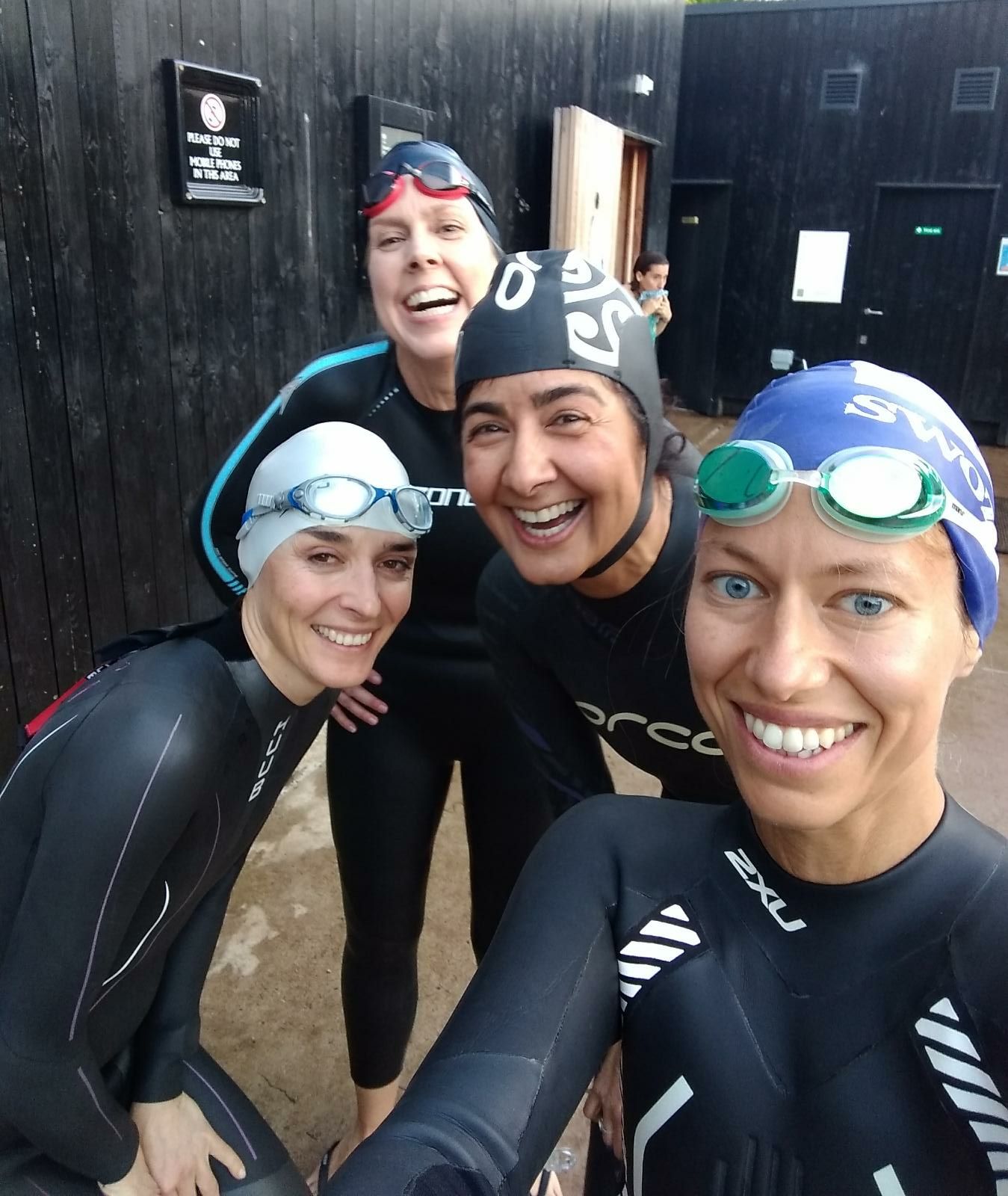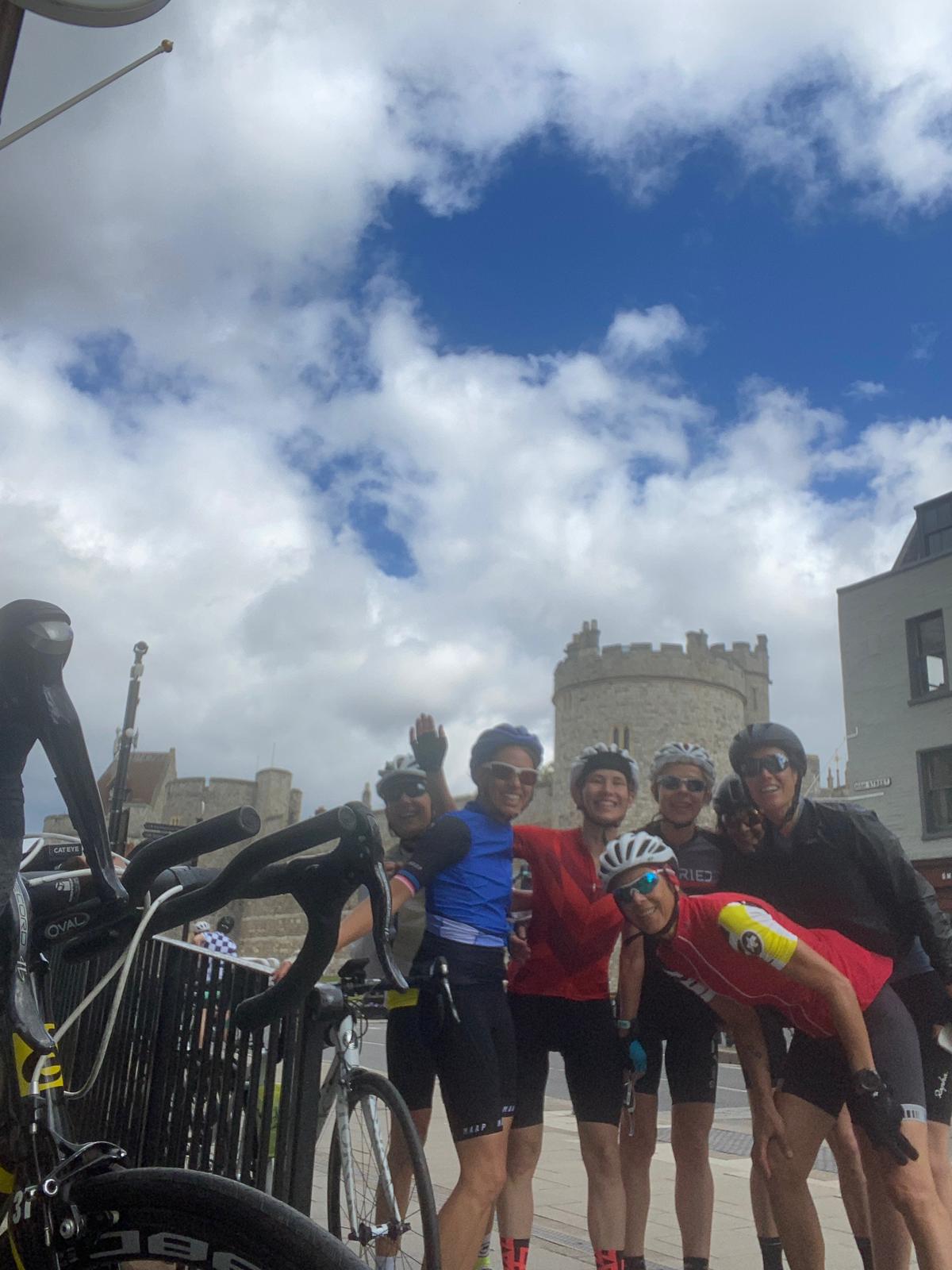Story
I have been a Hall parent for 7 years, with three boys currently at the school. Earlier this year, mere weeks before lockdown, life threw us a curveball.
As medical students we were taught that type 1 diabetes was a disease of starvation in the midst of plenty. And so it was, as I saw my emaciated 5 year old, that the penny started to drop. Jamie had been very tired, and had now, very rapidly, lost a lot of weight. He was thirsty; on the way home from school he had begged and fought with his brother to have what was left in the water bottle. And later that night, after I had wept desperate tears, scoured every medical text, pleaded for an alternative explanation, I went and sat with Jamie, watching, heartbroken, as he silently slid out of bed every few hours to go to the bathroom. It confirmed that the following day everything would change.
When we presented to A&E, I couldn’t say the word ‘diabetes’. They had to say it to me. Denial is a powerful thing, and the impact of hearing it confirmed, in absolute, non-negotiable terms, was not lessened by already knowing. My child, through no fault of his or ours, now had a life-long and incurable condition, an illness, a disability. What followed were 4 days of slow-motion trauma as I watched the brutality of my needle-phobic son battle his way into submission and acceptance. When we left hospital he was bravely enduring 5 injections a day and countless ‘finger prick’ blood glucose checks. All of this beyond his and our control. Were it not for the advance of technology, this would be his forever.
Being a medic can be a double edged sword. Already having knowledge of diabetes was undeniably helpful in those early days. But having that full immediate knowledge of the extent and progression of the disease was a body blow. Even now I can’t, and don’t, think about it without being overwhelmed. Diabetes means daily insulin, delivered by injection or pump, for the rest of your life. It means carbohydrate counting every piece of food that you eat, paying constant attention to blood sugar levels, day and night, to make sure they aren’t too low- leading to a ‘hypo’, which shuts the body down and ends in a coma– or too high, which can lead to DKA, diabetic ketoacidosis, a life-threatening emergency. These are the immediate consequences. And long term, without good lifetime glucose control, I had seen how diabetes can ravage the body: blindness, numb ulcerated feet, amputations, cardiovascular disease and the neurological compromise that comes with it. The body is not designed to be full of sugar and it causes untold damage if left unchecked. With Jamie’s ability to produce insulin, and therefore absorb sugar, destroyed, I quipped we would all have to start ‘thinking like a pancreas’. It is not straightforward.
Diabetes has changed everything and nothing. We have to be (much) more organised about food: carb counting, anticipating appetite, weighing portions, timing injections before meals. We live a life with needles, sharps bins, alarms, interrupted nights, hospital appointments, multidisciplinary teams, a fridge full of insulin, a bag full of sugary snacks for the lows, anxiety, uncertainty. It’s a family affair. Jamie’s three siblings are also now well versed in all things diabetes.
But my goodness we are lucky Jamie was born in this generation. We also have a CGM- a continuous glucose monitor- which, when it’s working, pings his live glucose readings to us, and his teachers, every 5 minutes. The design and dosing of the insulin injections is now so slick that sometimes Jamie barely notices them. But most of all we live in a time where I truly believe there is a realistic hope that one day the scientists and medics will be able to stop this awful disease in its tracks, to prevent other families from going through this. And I have to believe that in Jamie’s lifetime they will also be able to rehouse healthy pancreatic cells in his body to take over where his left off. And this hope is supplied, in large part, by and through the work of JDRF.
On the day Jamie was diagnosed, in our profoundly shocked and disorientated state, we were handed a JDRF pack. It contained information for us, but also children’s stories about diabetes, which we would read and re-read, diabetes activity books, and, most importantly, Rufus- a teddy with diabetes. The day Jamie started to practice injecting Rufus with insulin was the day I knew he’d be ok. And in those early days when it was my job to explain all of this to Jamie and help him to understand that this new normal was not going away, I was able to tell him that I honestly believed that one day, in his lifetime, it would be easier. And maybe there would even be a cure.
Six months on from his diagnosis, Jamie has started Year 2 at The Hall. He still has at least 5 injections a day, which he can now dose and administer himself. He wears a CGM and we are looking into options for an insulin pump, which will reduce the need for injections and give him more flexibility with meals. Jamie is acutely aware of the injustice of his illness and all that he now has to do to stay alive. Every day is different, many days are hard, but Jamie, now 6 years old, is rightfully proud of his newly acquired skills and knowledge in the management of this disease. Diabetes will not dictate Jamie’s life but it will be a constant companion throughout his life.
JDRF fund the research that gives me, and all the other type 1 diabetics and parents of type 1 diabetics, hope. This hope, that it may one day be better, is worth everything. Please do generously support the JDRF in their mission to conquer Type 1 diabetes, and also the Hall Triathlon Team in their incredible athletic endeavours!
Team members (6)
Join team- £24,028 of £30,000
- £11,260 of £6,500
 Nicola AG£9,008 of £8,500
Nicola AG£9,008 of £8,500 Louise McNamara£1,203 of £1,000
Louise McNamara£1,203 of £1,000- £873 of £500
